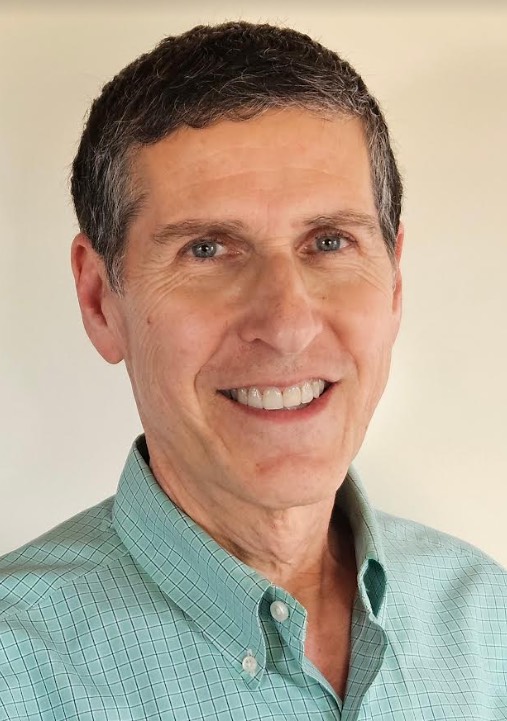Background and education
I’m a psychotherapist, author, and lecturer in Los Angeles. I graduated from a Masters program in Counseling Education in 1992 and obtained a Ph.D. in 1996 in Counseling Education, with a minor in Health Services. I completed an internship at the Counseling and Student Services Center at the University, furthering my counseling experience. Since completing my training, I have provided therapy in private practice for individuals, couples, and families.
I have also worked at non-profit community counseling centers. Most recently, I served as Clinic Director at Campion Counseling Center, which is part of OPCC, a service provider whose focus is on members of community who are at risk for poverty, homelessness, and domestic violence. My experience includes directing staff and overseeing an internship program. I also supervised clinical supervisors, presented workshops and training on therapy and counseling issues, and provided therapy to community clients.
Teaching experience and workshops
I have taught counseling, therapy, and psychology courses at Antioch University and Chapman University. Teaching experience includes Introduction to Psychology, Advanced Theories and Counseling Methods, and Domestic Violence. I have provided workshops related to therapy and counseling at UCLA and the LA School District, as well as other locations.
Workshop topics include:
- Intimacy and relationships
- Stress management
- Grief and loss
- Issues with respect to sexual orientation
- HIV and related issues
I have also written a book on intimacy plus articles on several topics related to relationships, and health and wellness. Please see the Publications page for a list of books and articles.
Differences Between Types of Mental Health Professionals
Differences among mental health professionals
There are several differences between Marriage and Family Therapists, Psychologists, Licensed Clinical Social Workers (LCSW’s), and Psychiatrists. All types of mental health professionals provide therapy.
The focus of my education and training has been on providing therapy to individuals and couples. During graduate training, I was observed and videotaped for hundreds of hours so I could become a skilled practitioner in therapy with individuals, couples, and for family therapy. Therapists such as myself take a humanistic approach to providing therapy, with a focus on personal growth and development.
Clinical psychologists are also trained in providing therapy, with an emphasis on assessment and testing. Some clinical psychologists use the medical model for providing therapy, in which case patients re diagnosed and treated for a mental condition. Other psychologists take a developmental approach.
LCSW’s also provide therapy, and their training emphasizes a more global (community) focus. They may be aware of community resources that other providers may not be.
While some psychiatrists (M.D.’s) still provide therapy, the profession focuses on prescribing medications. If you’re seeing a psychiatrist or other medical professional, I like to take a team approach if you’re comfortable with me contacting him or her. Likewise, the choice to see a psychiatrist is yours to make.
For further information
For more information on the following mental health professions, click on the links that follow.
- Marriage and Family Therapists American Association of Marriage and Family Therapists
- National Certified Counselors and counseling National Board for Certified Counselors
- Accreditation for university counseling and therapy programs The Council for Accreditation of Counseling and Related Educational Programs
- Psychology and psychologists, see What is a Psychologist? at the American Psychological Association website
- Licensed Clinical Social workers The National Association of Social Workers
- Psychiatrists and Psychiatry What is a Psychiatrist?
